Not many people know this but I was for a short time in the Japanese police force. An unusual incident that sticks in my mind is interviewing a martial arts expert about his unruly cat. I had to see a Dan about a mog.
Personal Blogs
You said I had no soul.
But I do.
Just differently.
Here you see my Shopska Salad, tonight’s supper.

One of my top favourite starters. (Really there should be some grated cheese on top, but I didn’t have any suitable, and it was fine without.)
I was taught how to make it in Northern Greece, by friends whose parents or grandparents were ethnic Greeks who moved to Greece from Bulgaria in the mass exchange of populations after WW1. I also met the dish in Bulgaria.
From this I assumed it was a) Bulgarian and b) traditional.
Turns out the answer to a) is Yes but as for b) not really; according to Wikipedia it was invented in 1955 by the Bulgarian state tourism association. It’s been a runaway success though. Give it a try. I always put a bit of chilli pepper in mine as well as the other vegetables, but that is probably unusual.
Because I have ankle arthritis “I have of late, forgone all custom of exercises”, as Hamlet says. But this is a bad habit and I realised my circulation was suffering.
So I searched online for exercises that could be done sitting or with the support of a chair back. There are a lot of good videos and for about three weeks now I’ve been doing some of the exercises.
And it’s had an effect! I can now stand on tiptoe, without the support of a chair back. Not very high or for very long, but I can do it. I couldn’t before. One tall step.
Here’s a Mondegreen I heard last night.
A. My daughter thinks I’m a taxidermist.
B. What like stuffed animals?
A. No, a taxi service.
My friend Michèle (photographer of the bee-flies) is helping me with my garden. Here is the result of today's work on one small area.
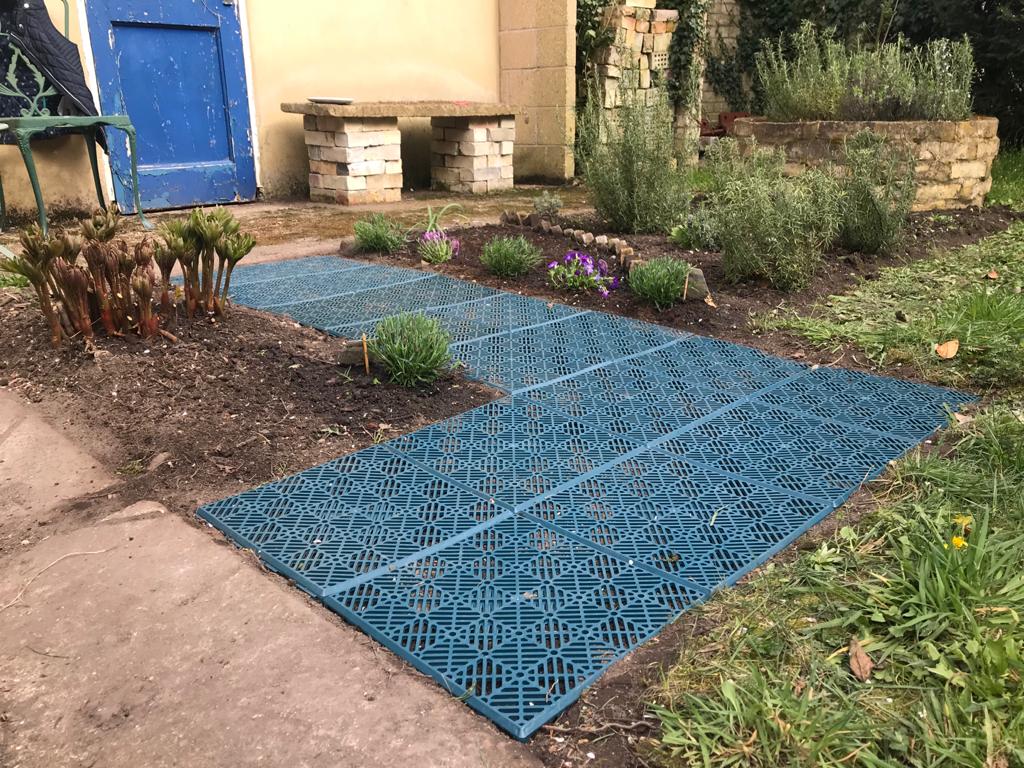
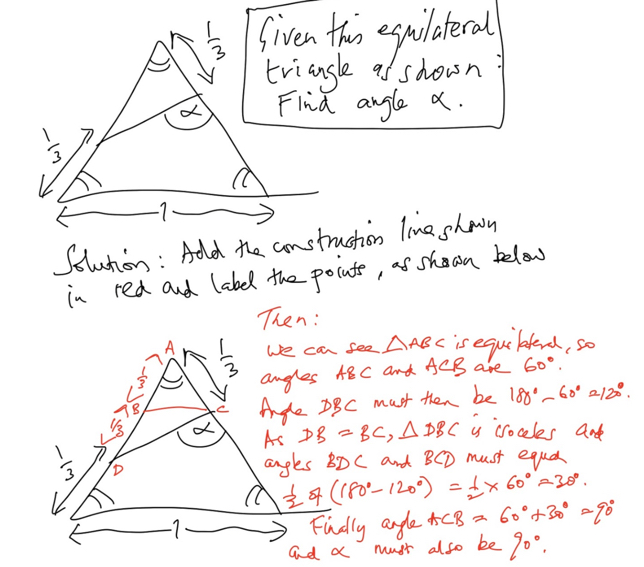
Please don’t show me
Anything nasty
It might make me squeam.


The sweet miraculous power of a Robin
Turning birdseed into song.
Anon
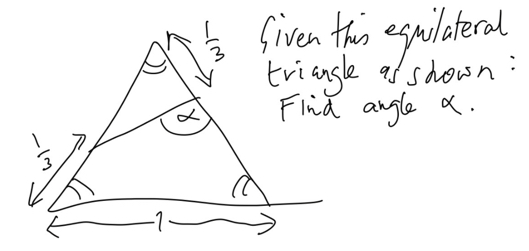
You’ve heard of the silver cigarette case that stopped a bullet.
https://www.bbc.co.uk/news/uk-england-derbyshire-50302592
In a modern twist on this, a local tradesman fell off a ladder, but luckily his iPhone fell out of his shirt pocket and reached the ground first. He landed with his head on the phone rather than the concrete, and was spared from head injury.
Rather a nice story I think. I haven’t made it up.
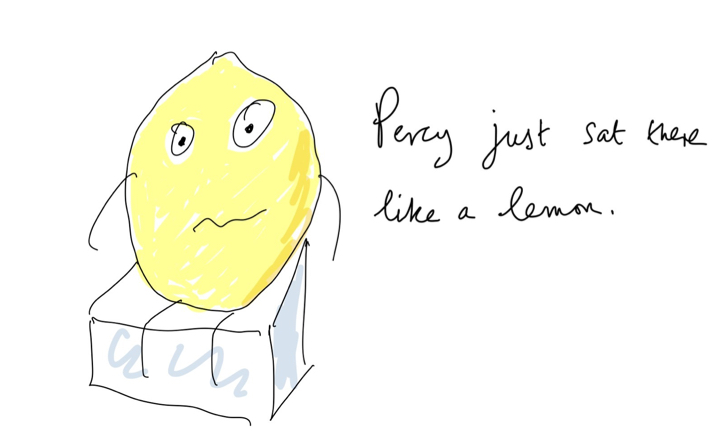
I turned up my nose.
Now I’ve turned up my toes.
Presenter: Your chosen subject?
Contestant: Physical geography.
Presenter: Time starts now. What name is given to a route over or through a mountainous region?
Contestant: Pass.
A besom is what we think of as a witch’s broom, a bundle of twigs lashed to a handle. The word is from the Old English besema which was once the common word for a broom.
However the twigs often came from the shrub called broom and over time the name of the plant was transferred to the long-handled brush, which is now usually called a broom rather than a besom.
Broom is cognate with bramble and comes from a root that originally seems to have meant any kind of thorny bush.
This plot in the national Botanical Gardens of Wales is set aside for flowers that will encourage pollinating insects. Photographed in September 2018.

Burglars who distract their victims by playing stringed instruments. That’s robbery with violins.
Unusual. Ouzo is traditionally mixed with water. But the soda was amazing, it made the drink longer but more ouzo-y, it really brought out the aniseed flavour and didn’t drown the drink at all.
I believe that once Greek country folk used to make Ouzo at home and as well as aniseed would add Wormwood, the plant Artemisia, named for the goddess Artemis. From her name came also Absinthe, a famous green coloured drink, very popular into the early 20th century, but then illegalised in France and subsequently elsewhere, on the premise that it was mad, bad, and dangerous to drink, addictive and psychoactive, because of the wormwood. However absinthe had a lot of adherents in the creative world, see
https://en.wikipedia.org/wiki/AbsintheFollowing more recent recent research Absinthe is legal again. I bought some but I wasn’t sure it was my favourite. I’m good with Ouzo and Soda.
Στην υγειά σας!
PS the name Wormwood is from the same origin as Vermouth.
I tried some fermented apples, now I’m worried about cider effects.
My cousin took this picture of a young male Great Bustard.

These birds are amongst the heaviest flying birds, possibly the heaviest. An adult male may be a metre tall, have a wing span of 2+ metres, and weigh in at up to about 20 kg.
The bird is classified as vulnerable; although it is widespread only about 40,000 survive. It lives on open grasslands and once had a British population, but was hunted to extinction in this country by the middle of the 19th century.
However the bird has been successfully reintroduced, from 2007 I believe, and there is now a breeding population of about 40. My cousin has been watching one of them and was able to get this shot, I presume of its offspring.
You can read more about the reintroduction programme here and here is an image from the same site.

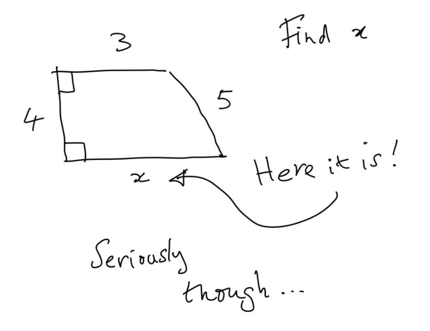
In ground-breaking research announced earlier today, scientists think they have detected video signals from an alien star system.
The signals, though faint, appear to be a drama set in some sort of domestic situation. A member of the team told our reporter, “This proves that where there’s life there’s soap”.
What English word is the most difficult to pronounce? It’s hard to say.
This blog might contain posts that are only visible to logged-in users, or where only logged-in users can comment. If you have an account on the system, please log in for full access.